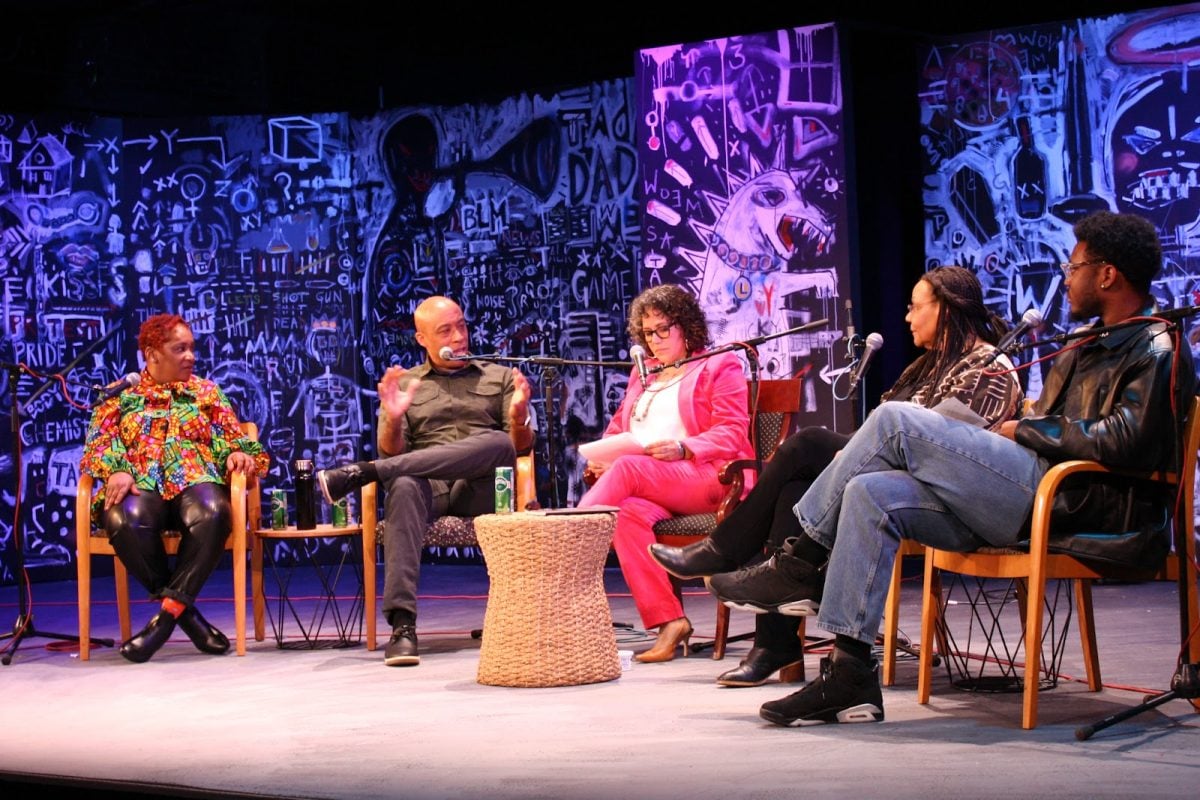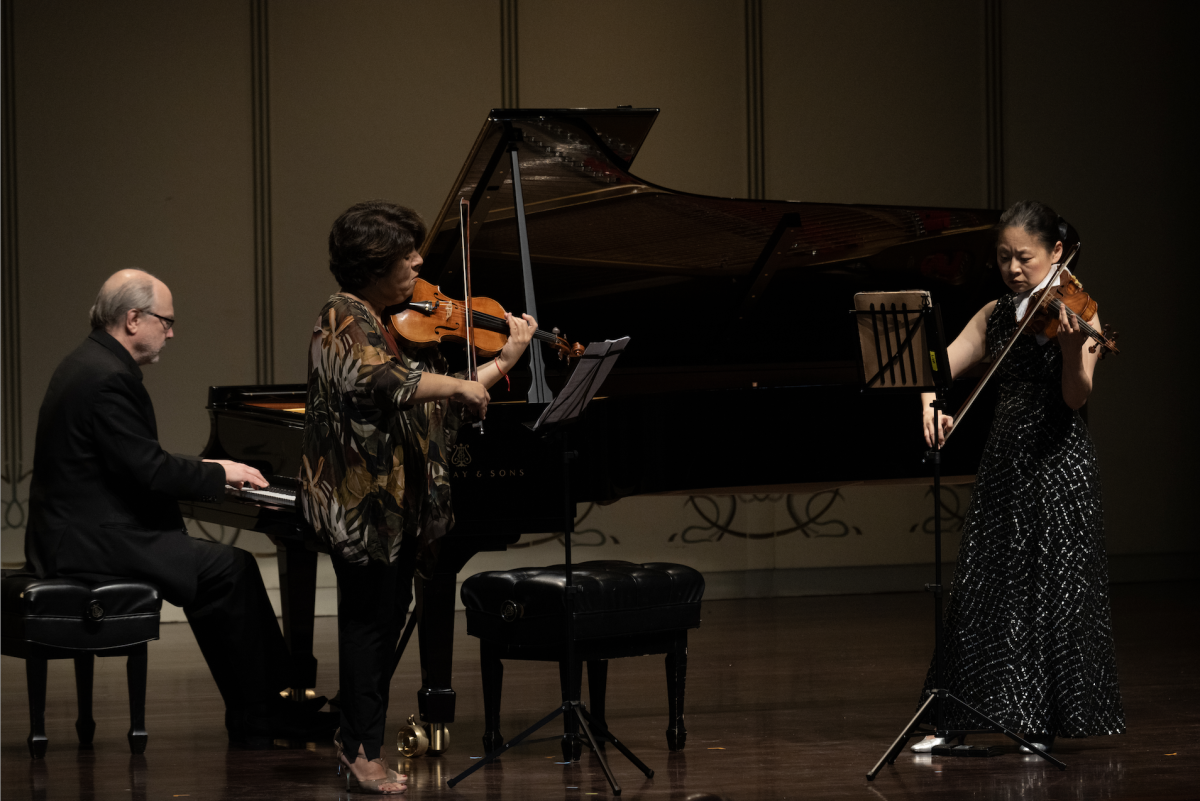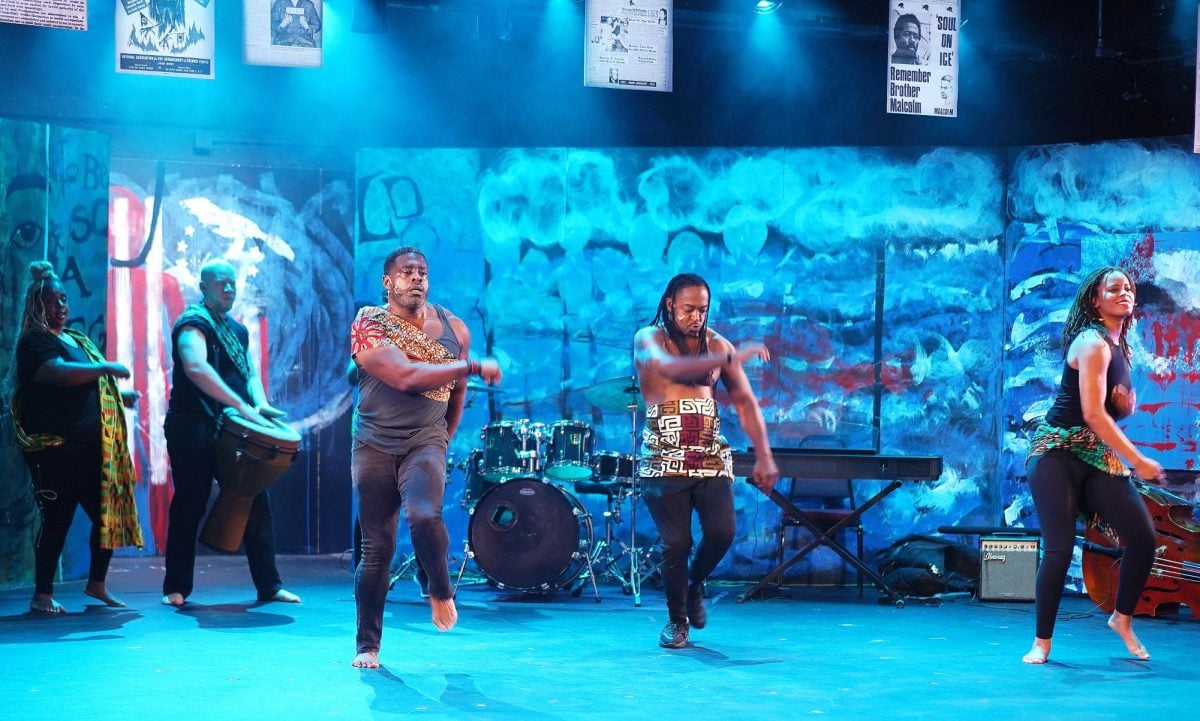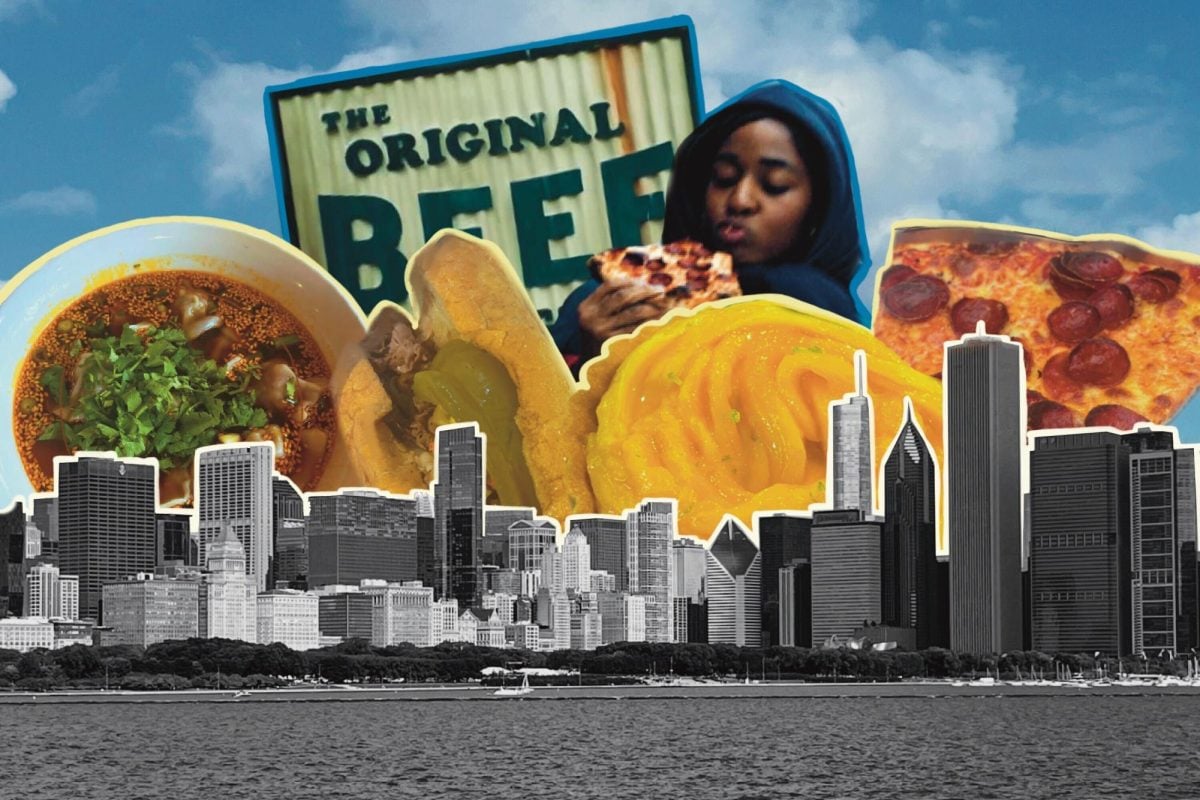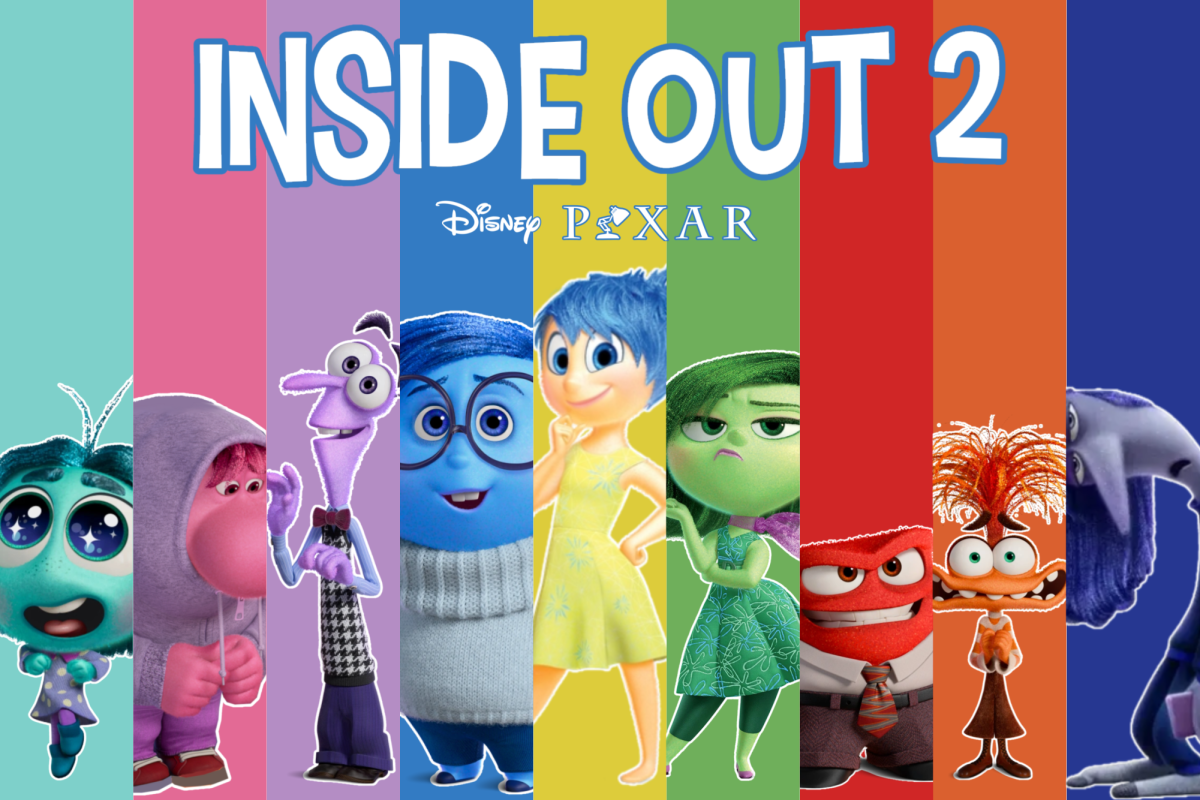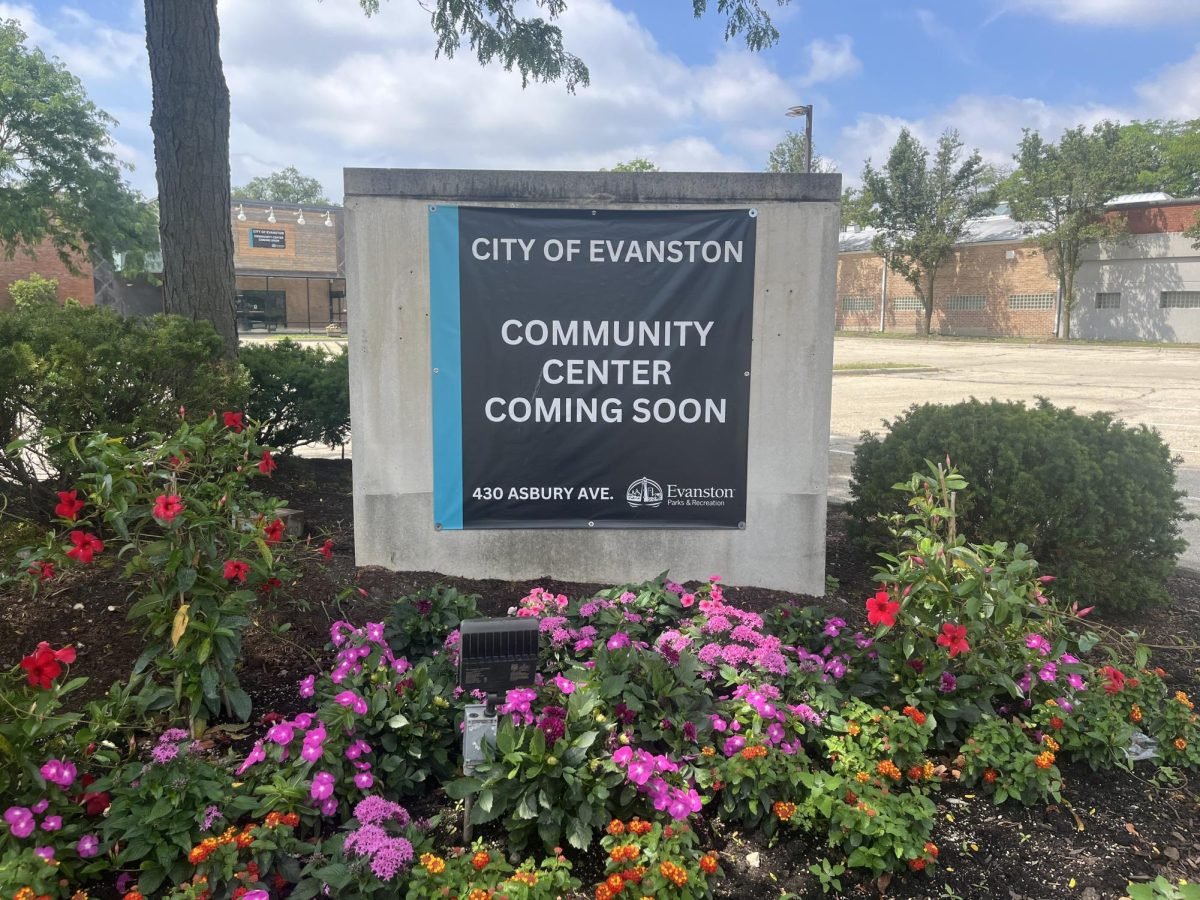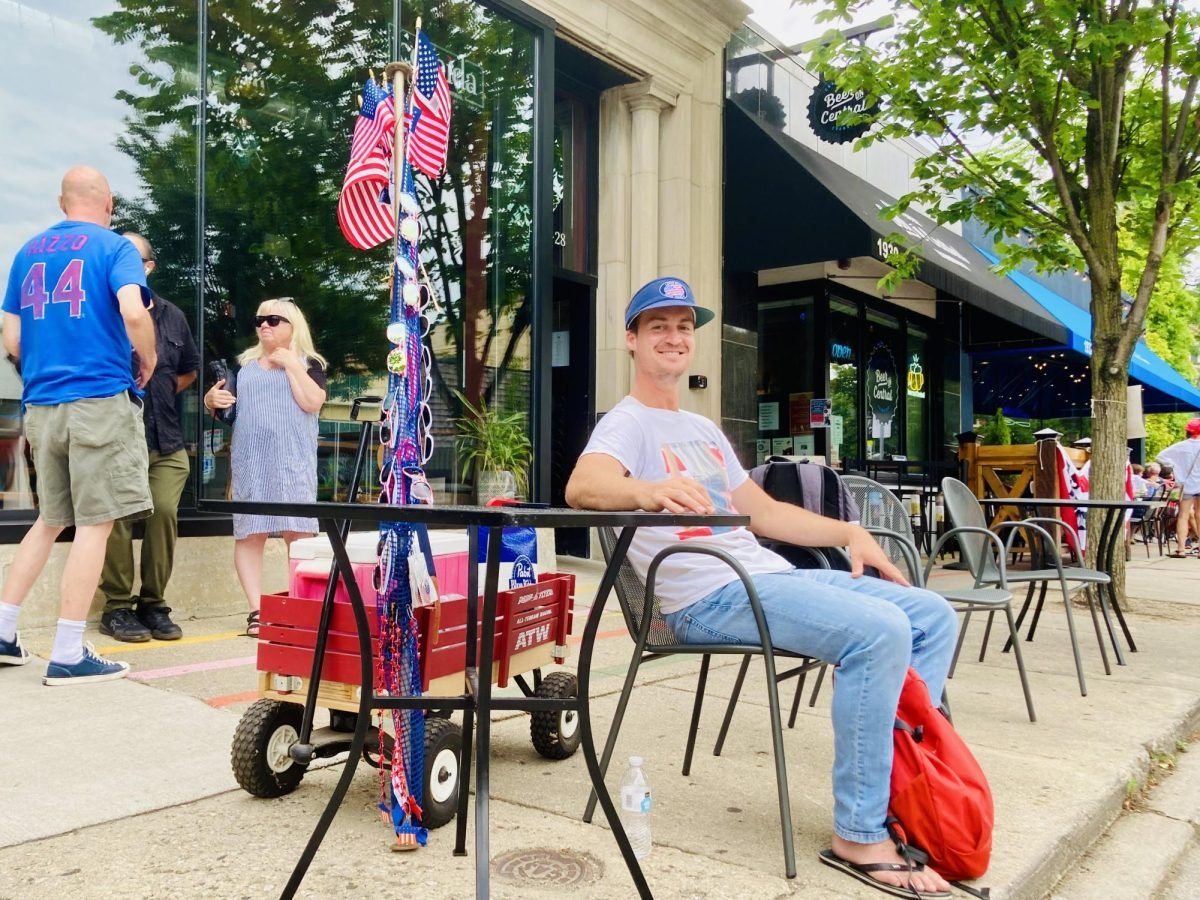Fleetwood-Jourdain Theatre brought four Black Evanston artists together Saturday night for a discussion and celebration of Black culture through the lenses of art and culinary experiences.
Playwright and director Gloria Bond Clunie, visual artist Sam Onche, musician and composer Chris Greene and culinary artist Chef Q. Ibraheem joined moderator Laurice Bell at the Noyes Cultural Arts Center for the panel discussion, titled “That Art Thing We Do.”
Bell, executive director of Shorefront Legacy Center, kicked off the conversation by asking panelists how they view themselves as artists and entrepreneurs.
“I consider myself a Black artist,” Clunie said. “Once you have a grounding in who you are, then one can, at least for me, interpret the rest of the world. But with no grounding, then we’re just floating above observing.”
The panelists then dove into the nuances of cultural appreciation versus appropriation.
They also discussed the significant contributions Black people have made to American music and art.
“I think when we talk about Black culture, regardless of the historical journey that we’ve had, there’s a generosity to our cultural spirit that feeds the country,” Clunie said.
Onche said he feels pride when other people find inspiration in African and African American art, but he said he also thinks artists should not use artistic elements from other cultures without crediting them.
The difference between appropriation and appreciation, Bell said, is the acknowledgment of where artistic inspiration originated from.
Greene added that it is also important for non-Black artists to do thorough research on Black culture and history before undertaking a project that explores those experiences or uses music originating or deriving from Black culture.
“If you were going to do opera or play classical music, you have to learn Italian, and German, and French and you have to immerse yourself in the cultures,” Greene said. “So if you’re going to do any kind of African American-derived music, it would behoove you to delve in it as well.”
Clunie concluded the discussion with a statement on the strides Black Americans have made in working toward racial equality.
While there has been progress, she said people cannot become complacent.
“If we don’t hold on, grab it, and keep moving forward. It’ll disappear,” Clunie said. “You gotta teach, you gotta preach, you gotta shout, you gotta pray. We’ve got a lot of things we need to do just to hold on.”
After the discussion concluded, attendees checked out Onche’s solo exhibition “Black in Color.”
The Donovan Mixon Jazz Combo played jazz music while people enjoyed food catered from Prairie Moon, examined Onche’s art and chatted with other community members.
Evanston resident Julian Breslow said his main takeaway from the event was the distinction between cultural appropriation and appreciation.
“A lot of people are admiring something, responding to what they admire and trying to incorporate it in their own artistic sensibility,” Breslow said. “They were willing to discuss that overlap, so I really appreciated that.”
Bell said she welcomed the opportunity to highlight Black excellence during the event.
She also said she would like to see the celebration of Black history and culture continue throughout the year.
“The tagline for this theater is 24/7/365, and really that’s how I see Black history,” Bell said. “I’m appreciative that we get to do this in February, but we’ve got 11 more months that we can do this as well.”
Email: [email protected]
Related Stories:
— Evanston community hosts events for Black History Month
— Q&A: CNN Hero Chef Q. Ibraheem shares cooking and service inspirations Q&A
— Chloe Smith, Gloria Bond Clunie speak at Black History Month event











